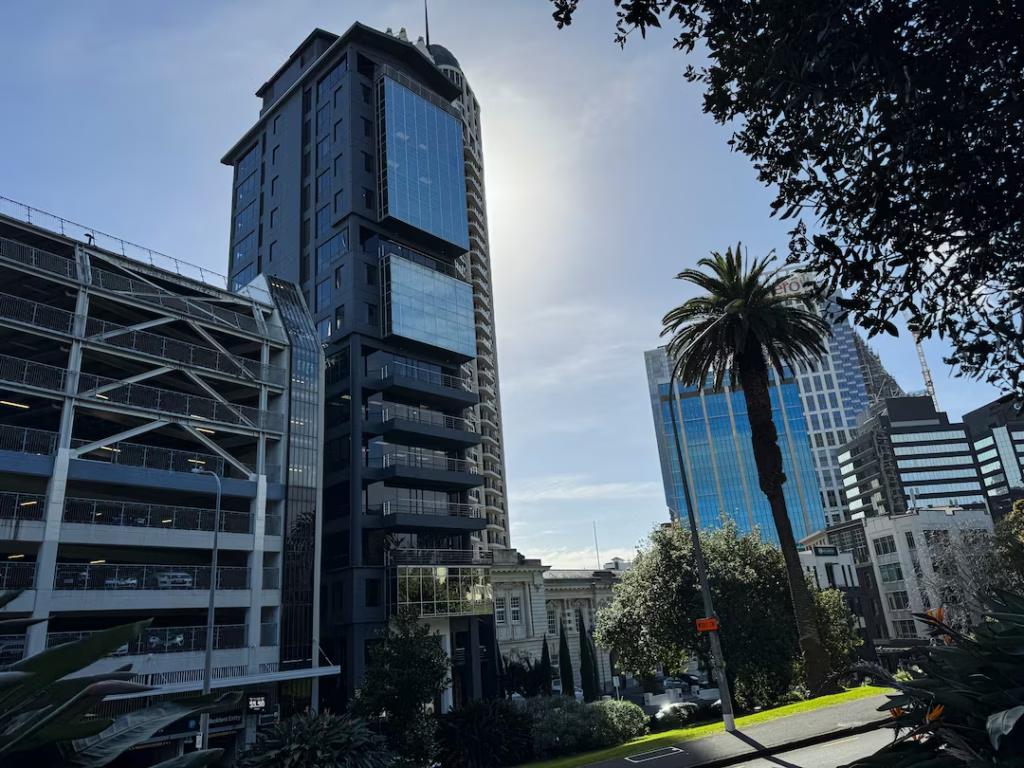A New Zealand-based insurance intermediary has been identified in a Reuters investigation as a key enabler in the shipment of Russian and Iranian oil in apparent breach of international sanctions regimes.
The firm, Rosier Insurance, based in Auckland, is reported to have arranged marine insurance for dozens of oil tankers linked to sanctioned oil trade, allowing vessels to operate globally despite restrictions imposed by the United States, European Union, and other Western jurisdictions.

While Rosier is not accused of illegal activity by authorities at this stage, the details revealed raise significant legal and regulatory concerns—particularly in relation to international sanctions compliance, AML/CFT obligations, and cross-border enforcement risk.
Key Legal Issues Raised
1. Potential Breach of Sanctions Regulations
The insured vessels were reportedly carrying Iranian or Russian-origin crude oil, including to jurisdictions with strict bans on such trade. If the insurance arrangements knowingly supported these shipments, they may fall foul of U.S. Office of Foreign Assets Control (OFAC) regulations, EU Council decisions, and UK sanctions frameworks.
2. Use of Shell Companies and Flags of Convenience
The Reuters report outlines a pattern involving shell entities in offshore jurisdictions and vessels sailing under flags from countries with limited regulatory scrutiny. These arrangements may amount to deliberate efforts to evade enforcement, raising concerns around “facilitation” of sanctions violations—even where the intermediary operates in a jurisdiction not directly subject to the sanctions.
3. Anti-Money Laundering (AML) and Counter-Terrorism Financing (CFT)
Intermediaries offering financial services—including insurance—are subject to AML/CFT obligations under New Zealand law and FATF guidelines. The use of obscure beneficial ownership structures and opaque financial arrangements could expose the broker to liability under AML legislation, particularly if adequate customer due diligence (CDD) was not undertaken.
🌐 Jurisdictional Complications
Rosier’s legal exposure may not be confined to New Zealand. Because the sanctioned entities and oil trades fall under U.S., EU, and UK sanctions, and because marine insurance often triggers international jurisdictional overlap, regulators in those regions could examine whether Rosier’s services facilitated sanctionable conduct.
A similar extraterritorial reach was exercised in past OFAC actions against non-U.S. entities where conduct was deemed to have caused a “nexus” with U.S. financial systems.
Regulatory and Enforcement Outlook
- The Financial Markets Authority (FMA) and the Reserve Bank of New Zealand, which oversee insurance and financial conduct, may face pressure to investigate whether Rosier complied with AML/CFT and international obligations.
- There is also potential for reputational and regulatory fallout if New Zealand is seen as a “backdoor” for sanctions evasion.
- Given the rising enforcement attention on secondary sanctions compliance, it is plausible that OFAC or UK authorities will examine Rosier’s conduct, particularly if U.S.-linked financial infrastructure (e.g., dollar clearing) was used.
Global Industry Implications
- The case is likely to prompt renewed focus on maritime insurance as a compliance weak spot, and may trigger calls for tighter disclosure requirements around ultimate beneficial ownership (UBO) and cargo origin verification.
Compliance Takeaways for Legal Teams
- Review sanctions exposure within insurance or financial brokerage clients, especially where offshore or maritime business is involved.
- Be aware of “indirect facilitation” risk—where legal exposure exists even without direct dealings with sanctioned parties.
- Ensure rigorous due diligence, documentation, and audit trails, especially in high-risk sectors like energy, maritime, and international trade.
Conclusion
While no formal enforcement action has been announced, the findings of this investigation place Rosier Insurance—and by extension, other intermediaries operating in relatively low-profile jurisdictions—under the microscope.
For legal counsel and compliance officers, the case is a timely reminder of the global reach of sanctions law and the increasing scrutiny on third-party facilitators in complex cross-border transactions.